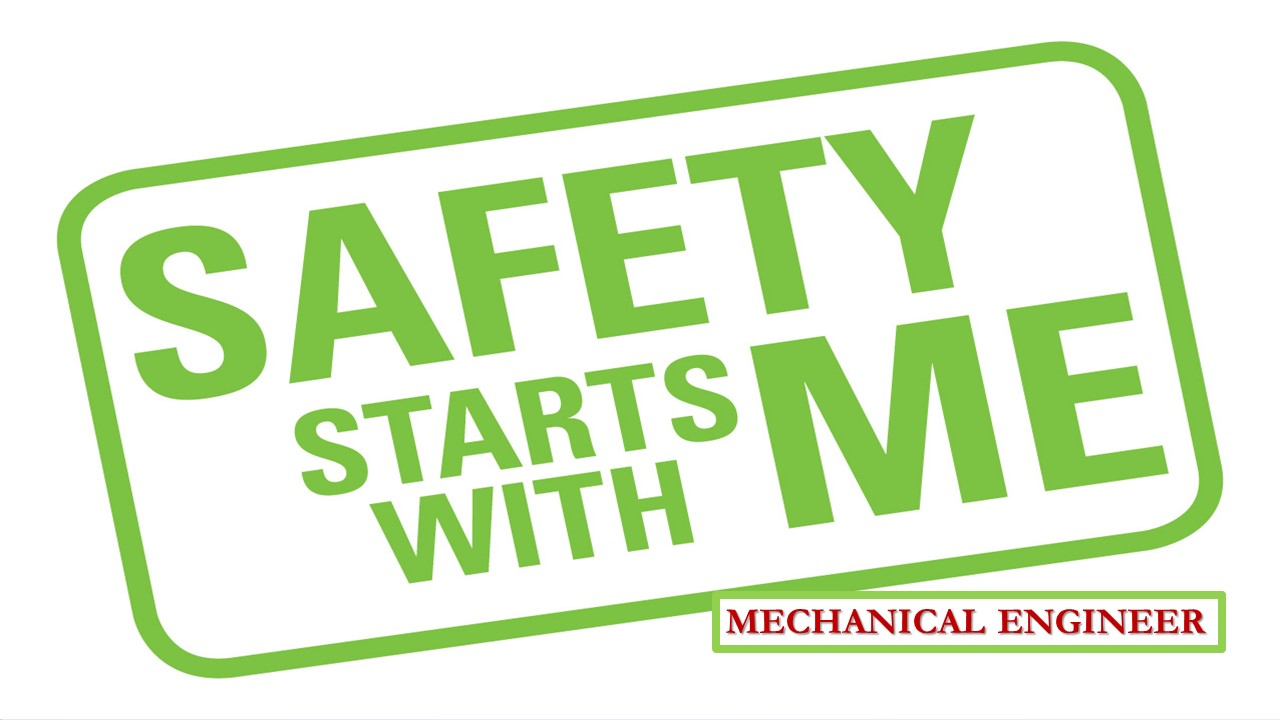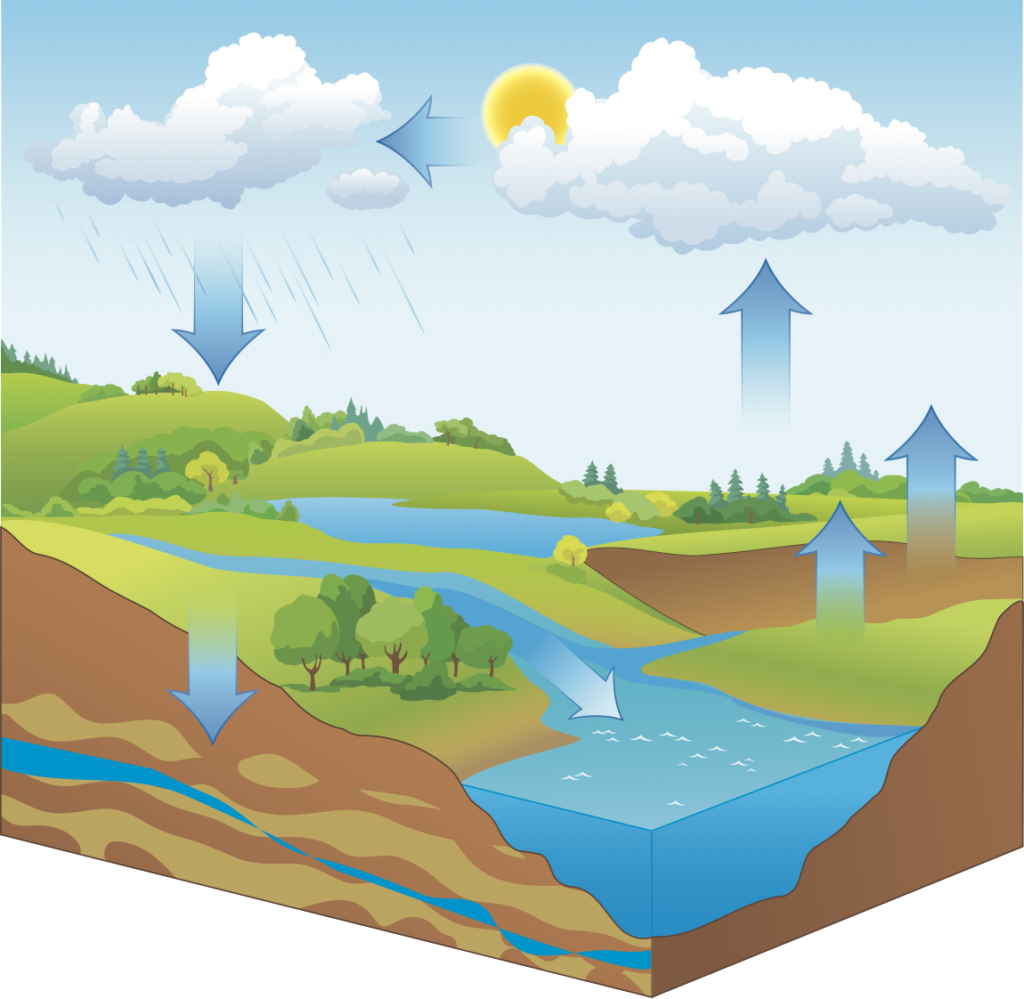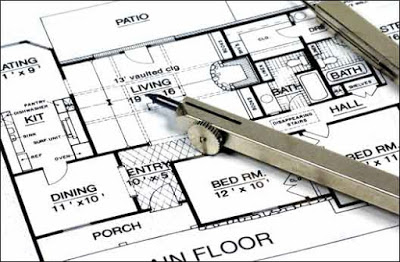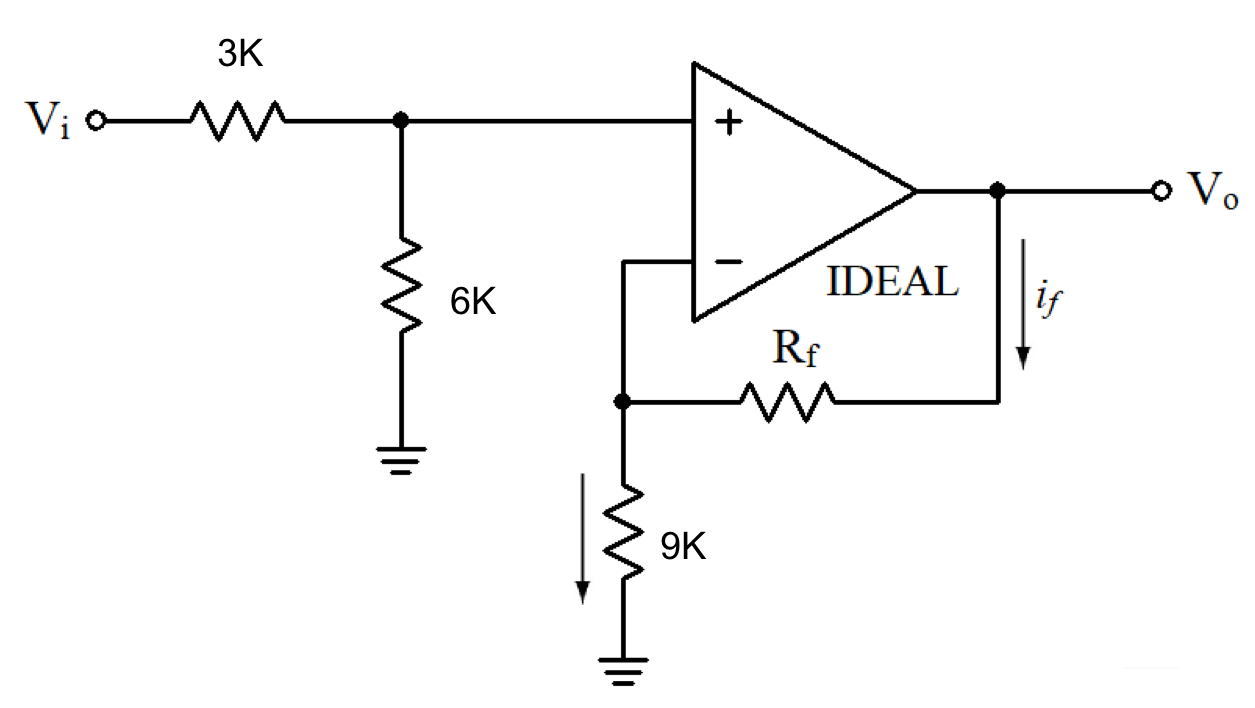Principles and practices of quality management system (QMS); tools and techniques utilized in QMS
The course covers Decision Making ; function of management ;managing production and service operations; managing the marketing function and managing the finance function

This course covers signal detection theory, vigilance, information processing, learning, memory, mental workload, visual and auditory displays; usability engineering; relation of cognitive limitations to the design of effective products and interfaces.
This course covers production control, inventory policy, facilities planning, methods improvement, technological assessment and revenue management.
This course tackles the concept and solution approaches of advanced optimization models and their application to engineering. The course covers goal programming, dynamic programming, decision theory, game theory, Markov models and queueing theory.
The course tackles key Occupational, Health, and Safety (OSH) concepts, principles, and practices that are foundational knowledge requirements acceptable in almost all industries. Especially, it assists learners in identifying the key elements in the OSH situation both here and abroad, determines existing and potential safety health hazards, identifies the range of control measures, discusses pertinent provisions of Philippines laws that refer to occupational safety and health, explain key principles in effectively communicating OSH, identify components of effective OSH programs and demonstrates some skills in identifying hazards and corresponding control measures at the workplace.

This course provides a basic understanding of the methods used to prepare
1. a building and/or bridge construction cost estimate,
2. earthwork costs.
The students learn to do quantity takeoff utilizing plans and specifications.

The course deals on the hydrologic cycle and the different processes such as precipitation, evaporation, infiltration, overland flow, groundwater flow and surface runoff generation.

This is a professional course for civil engineering students in structural engineering design which involves computation to enable the design of reinforced concrete structures met the desired optimum utilization of post-tensioned pre stressed concrete elements .

This is an specialized course for Civil Engineering students in structural engineering designed to enable the design of reinforced concrete structures with optimum utilization of post tensioned pre stressed concrete elements.


This professional course common to all civil engineering students designed to provided fundamental concepts, principles and theories in the structural strength analysis and design of steel elements in a structure. It is demonstrated by numerical calculations and other methods the concepts, principles and theories obtained from the lecture portion of the lecture.

This course provides a basic understanding of the methods used to prepare
1. a building and/or bridge construction cost estimate,
2. earthwork costs.
The students learn to do quantity takeoff utilizing plans and specifications.
For bidding preparation.

T he course focuses on the mechanical systems; fire protection systems, sanitary and plumbing systems and acoustics in buildings. Lecture discussions include HVAC systems, acoustics, vertical transportation and fire protection. Reducing operational loads and integrating high performance energy systems into building offers solutions towards achieving a sustainable and secure energy for the future .Engineers must understand the interrelationship between a building and a sub systems and design alternatives to recommend appropriate solution that suit the site, climate, building type and occupants. They must coordinate the work of the engineering disciplines that carry the sustainability concept forward through building design, construction, commissioning, operations and ultimately, demolition, recycling and reuse.

The course includes the basic principles of network architecture computer network design, services, technologies and network security.

This course provides understanding of architecture of microprocessor-based systems; registers, study of microprocessor operation, assembly language, arithmetic operations. and interfacing.

This course covers operational amplifiers, signal converters, power switching devices and the construction and operation of sensors and transducers for converting physical parameters into electrical signals and vice-versa. The course focuses on the application of these devices in developing signal conversion circuits that allows measurement, processing and control of physical parameters by digital processing systems such as finite state machine or digital computer. Topic on actuators are also included.

